
Code: 04669367
Cave Culture in Maghrebi Literature
by Christa Jones
Cave Culture in Maghrebi Literature: Imagining Self and Nation discusses key postcolonial Francophone North African texts, centering on folktales, war, Berber traditions, femininity, sexuality, the Algerian War of Independence (19 ... more
- Language:
 English
English - Binding: Hardback
- Number of pages: 214
Publisher: Lexington Books, 2012
- More about this

You might also like
-

Successful Physician
99.78 € -

POCKET SCI-FI YEAR 5 THE BOLD AND THE BRAVE
15.33 € -

Development Planning
50.94 € -

Howard Pyle's Book of Pirates, Fiction, Fact & Fancy Concerning the Buccaneers & Marooners of the Spanish Main
24.81 € -

Time Held Hostage
11.59 € -

Many Faces of Imitation in Language Learning
121.07 € -

Slow Ride into the Past
26.83 € -4 %
Give this book as a present today
- Order book and choose Gift Order.
- We will send you book gift voucher at once. You can give it out to anyone.
- Book will be send to donee, nothing more to care about.
More about Cave Culture in Maghrebi Literature
You get 366 loyalty points
 Book synopsis
Book synopsis
Cave Culture in Maghrebi Literature: Imagining Self and Nation discusses key postcolonial Francophone North African texts, centering on folktales, war, Berber traditions, femininity, sexuality, the Algerian War of Independence (1954-1962), and the Algerian Civil War (1992-1999). It explores the literary and cultural evidence testifying to the role of the cave as a locus of worship, transfiguration, dominance, and revelation in the context of colonial and postcolonial power struggles, and its wider significance in the context of nationalism and femininity, sexuality, and postcolonial identity construction. Historically, the cave has symbolized the explosive colonial and postcolonial struggles. It was a crucial site of colonial subjugation in North Africa during the colonial conquest in the nineteenth century and during the Algerian War of Independence in the twentieth century. Featuring narratives by authors such as Yamina Mechakra, Georges Buis, Tahar Ben Jelloun, Maissa Bey, Assia Djebar, Driss Chraibi, Hawa Djabali, Mohammed Dib, Nabile Fares, Lareej Waciny, and filmmaker Moumen Smihi, this book examines the cave as a metaphor of the collective imaginary of the North African literary subject and offers new insights into the field of Francophone literary studies. The complexity of the cave metaphor in this body of literature mirrors the struggle for identity at work in Francophone postcolonial literature: be it the struggle for colonial independence, the articulation of femininity, or, in a broader framework, the tensions at work in hybridized societies that are firmly rooted in tradition but at the same time curiously turned toward the Occident. Literary caves are firmly situated in the physical and psychic territories of North Africa, yet they offer bridges to the West and in particular to continental France. A combination of religious mysticism and natural splendor makes the cave a powerful symbol that has had a profound impact on the imaginations of artists on both sides of the Mediterranean. The literary cave has a strong hold on the Algerian and Moroccan collective imaginary and often stands as a metaphor for the homeland: the patrie. It defines the characters' subjectivity, on both a conscious and unconscious level-as shown by its many literary manifestations, be it in folktales, feminist, war, or love narratives.
 Book details
Book details
Book category Books in English Literature & literary studies Literature: history & criticism Literary studies: general
146.09 €
- Full title: Cave Culture in Maghrebi Literature
- Subtitle: Imagining Self and Nation
- Author: Christa Jones
- Language:
 English
English - Binding: Hardback
- Number of pages: 214
- EAN: 9780739168752
- ISBN: 0739168754
- ID: 04669367
- Publisher: Lexington Books
- Weight: 463 g
- Dimensions: 234 × 158 × 21 mm
- Date of publishing: 27. September 2012
Trending among others
-

The Picture of Dorian Gray
6.65 € -24 % -
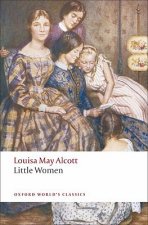
Little Women
8.57 € -15 % -

Ivanhoe
10.28 € -28 % -
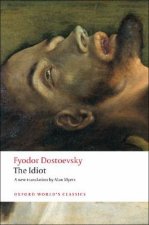
Idiot
10.28 € -21 % -
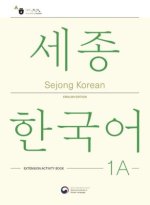
Sejong Korean Extension Activity Book 1A - English Edition, m. 1 Audio
21.78 € -

Moby-Dick
24.41 € -

Story of Hong Gildong
10.28 € -28 % -

Why Read the Classics?
11.19 € -21 % -

Blake, Jung and the Collective Unconscious
19.87 € -17 % -

Strange Things
12.20 € -22 % -

Philosophical Walking Tour with C. S. Lewis
49.73 € -

Poetic Edda
56.80 € -9 % -
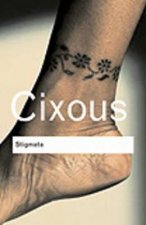
Stigmata
22.99 € -4 % -

How to Read a Book
14.01 € -10 % -
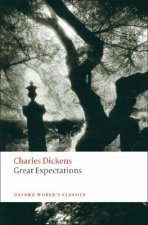
Great Expectations
6.65 € -24 % -
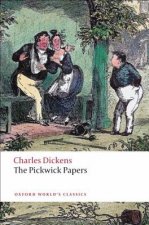
Pickwick Papers
9.47 € -26 % -

Mysteries of Udolpho
10.28 € -23 % -
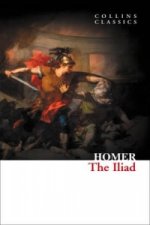
Iliad
4.63 € -13 % -
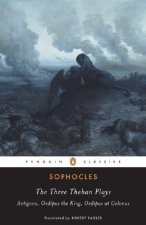
Three Theban Plays
9.27 € -28 % -
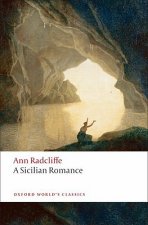
Sicilian Romance
8.26 € -28 % -

Discarded Image
15.43 € -26 % -
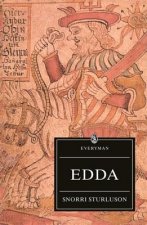
Edda
9.57 € -13 % -
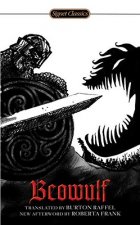
Beowulf
4.93 € -22 % -

Meditations in an Emergency
12.10 € -28 % -
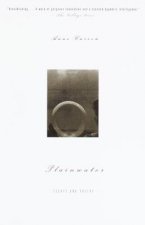
Plainwater
15.63 € -21 % -

Analysis of Roland Barthes's The Death of the Author
8.06 € -15 % -

Herbert Poems
11.69 € -18 % -
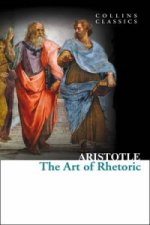
Art of Rhetoric
3.42 € -6 % -

Saga of Tanya the Evil, Vol. 3
10.08 € -28 % -
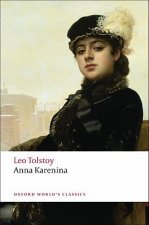
Anna Karenina
9.47 € -14 % -

Collected Poems
19.26 € -28 % -
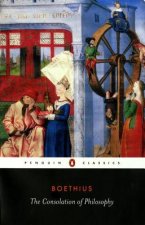
Consolation of Philosophy
11.09 € -22 % -

Sejong Korean Student Book 2A - English Edition, m. 1 Audio
29.05 € -
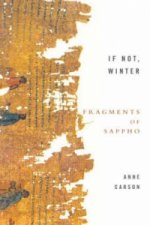
If Not, Winter: Fragments Of Sappho
17.24 € -28 % -
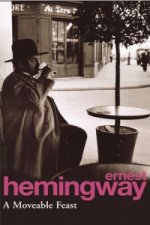
Moveable Feast
9.47 € -20 % -

Golden Bough
15.12 € -20 % -

Simple Passion
8.26 € -24 % -
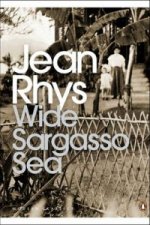
Wide Sargasso Sea
9.17 € -16 % -

Finn and Hengest
10.28 € -28 % -

Analysis of Donna Haraway's A Cyborg Manifesto
7.96 € -11 % -

Devils
10.99 € -15 % -

Two Treatises of Government
8.97 € -19 % -

Active Korean 1 Workbook (QR), m. 1 Audio
22.79 € -
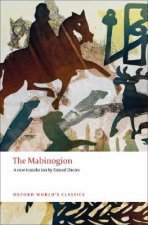
Mabinogion
10.28 € -28 % -
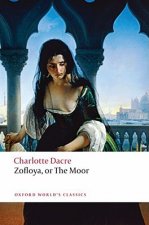
Zofloya
10.58 € -18 % -
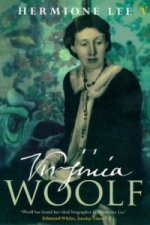
Virginia Woolf
17.24 € -28 % -

Gentle Creature and Other Stories
7.36 € -27 % -

Literature and Evil
12.90 € -17 % -
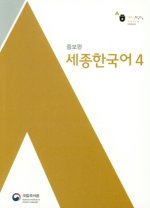
Sejong Korean 4, m. 1 Audio
27.03 €
Collection points Bratislava a 2642 dalších
Copyright ©2008-24 najlacnejsie-knihy.sk All rights reservedPrivacyCookies



 15549 collection points
15549 collection points Delivery 2.99 €
Delivery 2.99 € 02/210 210 99 (8-15.30h)
02/210 210 99 (8-15.30h)